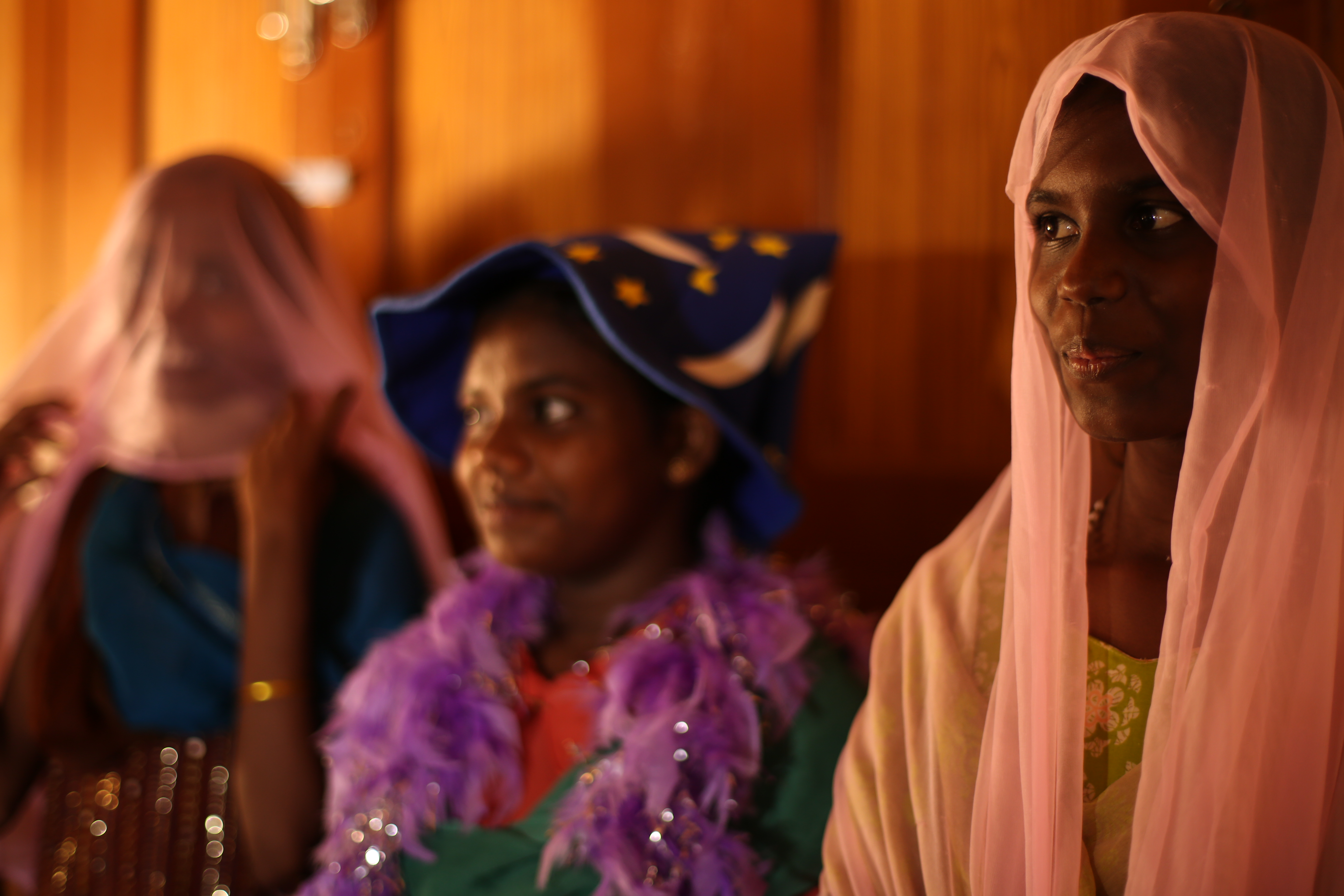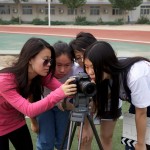imMEDIAte Justice in Dindigul, India
 imMEDIAte Justice helped launch a new media lab at the Sakthi Center in Dindigul, India. Thirty Dalit girls from Sakthi’s program are being trained in narrative, documentary and animation film production over the course of a year. These young women identify as Dalit, meaning broken by oppression but still surviving within the caste system in India. To claim the title of Dalit is to reject their status as untouchable, a spiritually defiled people at the bottom of the caste system. As a woman of color organizer in the United States who understands oppression through the intersections of race, gender, class, and sexuality I know very little about one of the oldest systems of oppression that still segregates through violence on both a state and personal level. The caste system puts a choke hold on the intersections of race, class, faith, and gender through it’s pervasive reach that even follows immigrants trying to erase it’s imprint abroad. Over 160 million Dalit’s are affected by the caste system and Sakthi has been one of the leading voices in a brave new Dalit movement lead by women.
imMEDIAte Justice helped launch a new media lab at the Sakthi Center in Dindigul, India. Thirty Dalit girls from Sakthi’s program are being trained in narrative, documentary and animation film production over the course of a year. These young women identify as Dalit, meaning broken by oppression but still surviving within the caste system in India. To claim the title of Dalit is to reject their status as untouchable, a spiritually defiled people at the bottom of the caste system. As a woman of color organizer in the United States who understands oppression through the intersections of race, gender, class, and sexuality I know very little about one of the oldest systems of oppression that still segregates through violence on both a state and personal level. The caste system puts a choke hold on the intersections of race, class, faith, and gender through it’s pervasive reach that even follows immigrants trying to erase it’s imprint abroad. Over 160 million Dalit’s are affected by the caste system and Sakthi has been one of the leading voices in a brave new Dalit movement lead by women.
The young Dalit women at Sakthi are between the ages of fourteen and twenty. All of the girls are high school drop outs and from families who have been devastated by the violence of caste. Sakthi has become a way for these young women to live, learn, and work communally. They are trained in traditional folk arts and are able to raise money for themselves and their families through political song and drumming performances for the Dalit movement. Even the drum they beat, the parai, once thought of as a degraded outcaste instrument has become an iconic cultural weapon of liberation in the Dalit civil rights movement. Sakthi has come under scrutiny for teaching women to play the parai which was traditionally forbidden for women to play. They are reclaimed the parai drum and ushering in a new era that embraces dalit women’s power to influence a movement.
Sakthi’s mission is to nurture the positive self-image of women as human beings with dignity and rights through life orientation programs and capacity building projects. They develop their collective strength for liberation with a focus on promoting wider social change. Sakthi is doing this through the recovery and revival of the traditional folks arts and are applying them creatively for the Dalit people’s emancipation. Through highly choreographed parai performances, Sakthi is using the folk arts to break both patriarchal and caste structures. It has been an honor to eat, sleep, film, teach, and learn beside these women. I hope that the film trainings and equipment can become another way that they are able to engage a larger audience to hear their stories and message.
Guest Post By Tani













